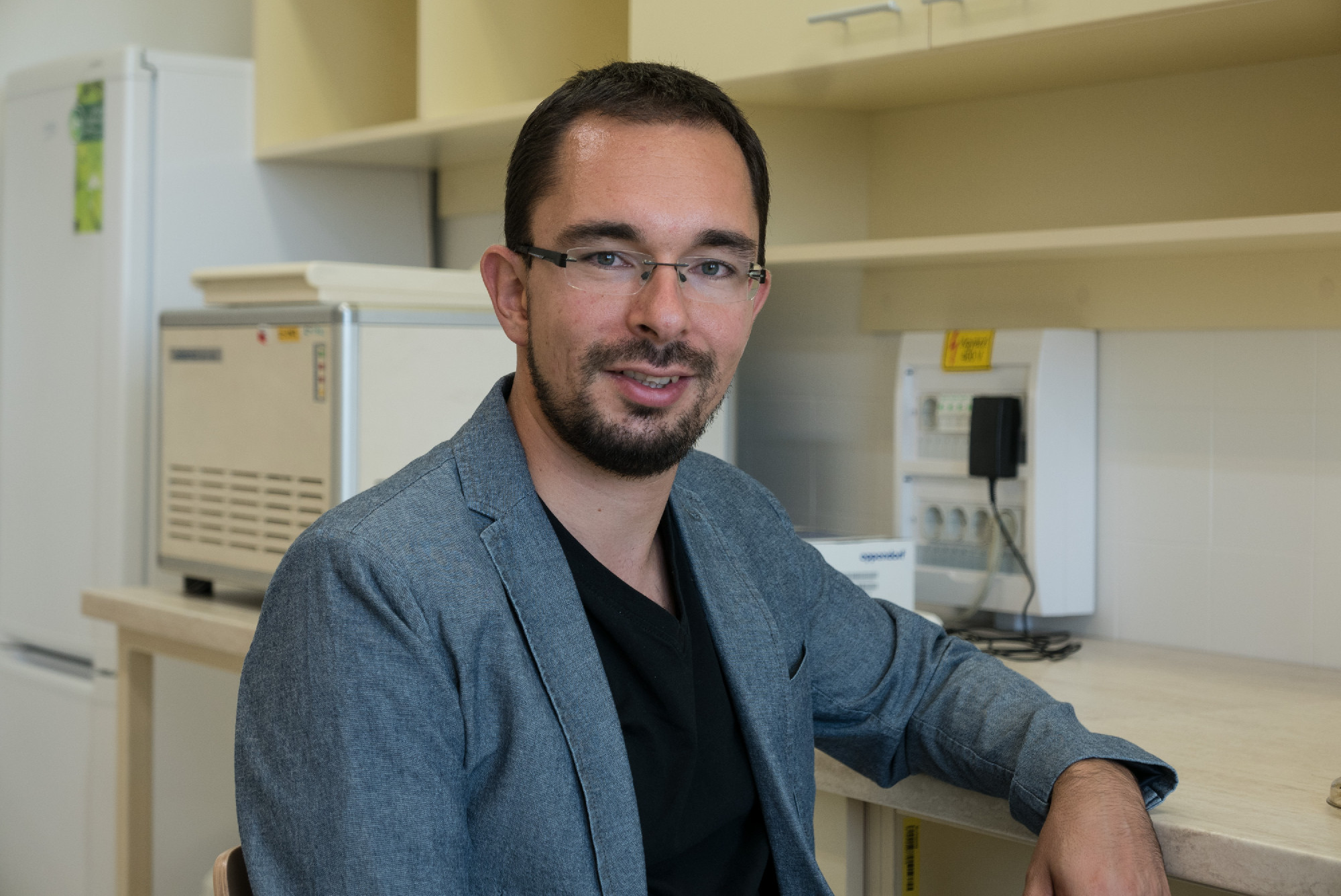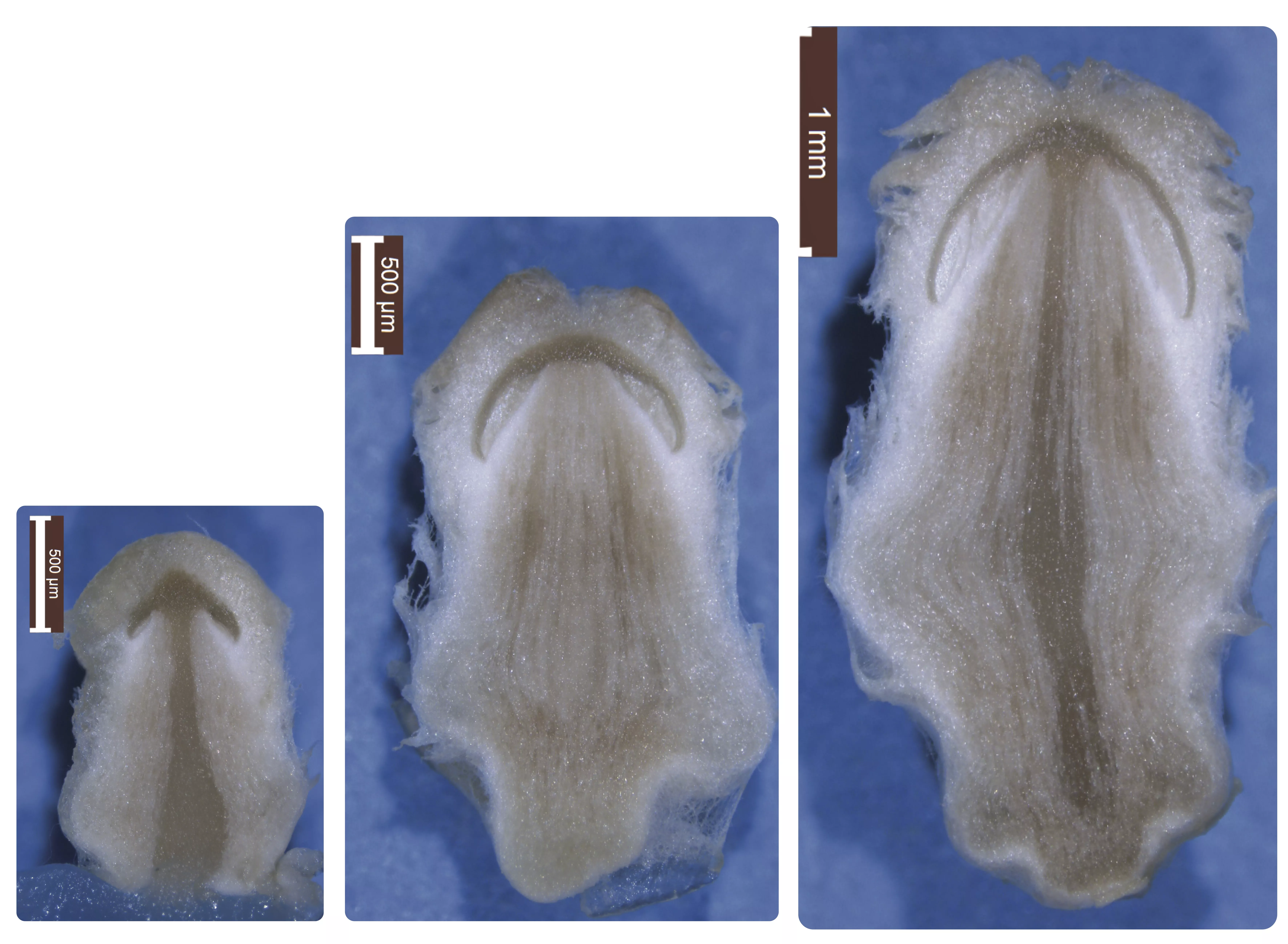BRC researcher László Nagy to continue his work studying how genetics govern the multicellularity and morphogenesis of fungi with the support of the ERC Consolidator Grant he recently won
László Nagy, a senior scientific associate at the Biochemistry Institute of the ELKH Biological Research Centre (BRC) in Szeged and team leader of the institute’s Synthetic and Systems Biology Unit won a Consolidator Grant from the European Research Council (ERC) in 2022 to follow up on a Starting Grant he received from them in 2017. The focus of the project is research into how genetics govern the multicellularity and morphogenesis of fungi. Beyond the value of the basic research to be conducted, the planned experiments could bring important results in the field of fungal bioplastics, which is developing at an explosive rate today, as well as in the area of fungus cultivation.

László Nagy
In recent years, the research group has worked on setting up a laboratory of excellence with the help of both ERC and Momentum grants. Their research results are published in leading professional journals, including Nature Ecology and Evolution, and the group, considered one of the world’s leading laboratories in the field of fungal genomics, maintains intensive relationships with numerous international collaborative partners. In the course of their work, they have achieved many breakthroughs toward a better understanding of the evolution of fungi, while also building competencies and reference databases within the BRC that make it possible for the first time to answer some big open questions related to how fungi have evolved.

Coprinopsis cinerea, one of the research group’s main model organisms in the genetic study of multicellular morphogenesis
For László Nagy and his group, winning the ERC Consolidator Grant means more than simply a financial reward. It is also professional recognition that places them at the leading edge of research in the European Union. The support will make it possible for them to conduct world-class research in Hungary, enabling them to further strengthen their position within their field of science.
The purpose of ERC’s annual Consolidator Grant competition is to support the most outstanding European researchers in developing their research groups and fulfilling their work in their research topics. The ERC grants are the most competitive and prestigious awarded to individuals in Europe and go to support so-called “blue sky” projects that, while risky, aim to answer major research questions and promise scientific breakthroughs. Of the total of 2,222 individuals who took part in the two-round application process in 2022, 321 benefited from the 657 million euros in support allocated by the ERC for this purpose. The most important criterion for the juries in judging the applications is scientific excellence, and the maximum amount that can be awarded for each application is two million euros.
On January 31, 2023, ERC posted the list of the winners of the 2022 Consolidator Grant on its website, which this year also included, along with Nagy, Péter Makk from Hungary, an associate professor with the physics department of the Institute of Physics at the Faculty of Natural Sciences of the Budapest University of Technology and Economics (BME).

